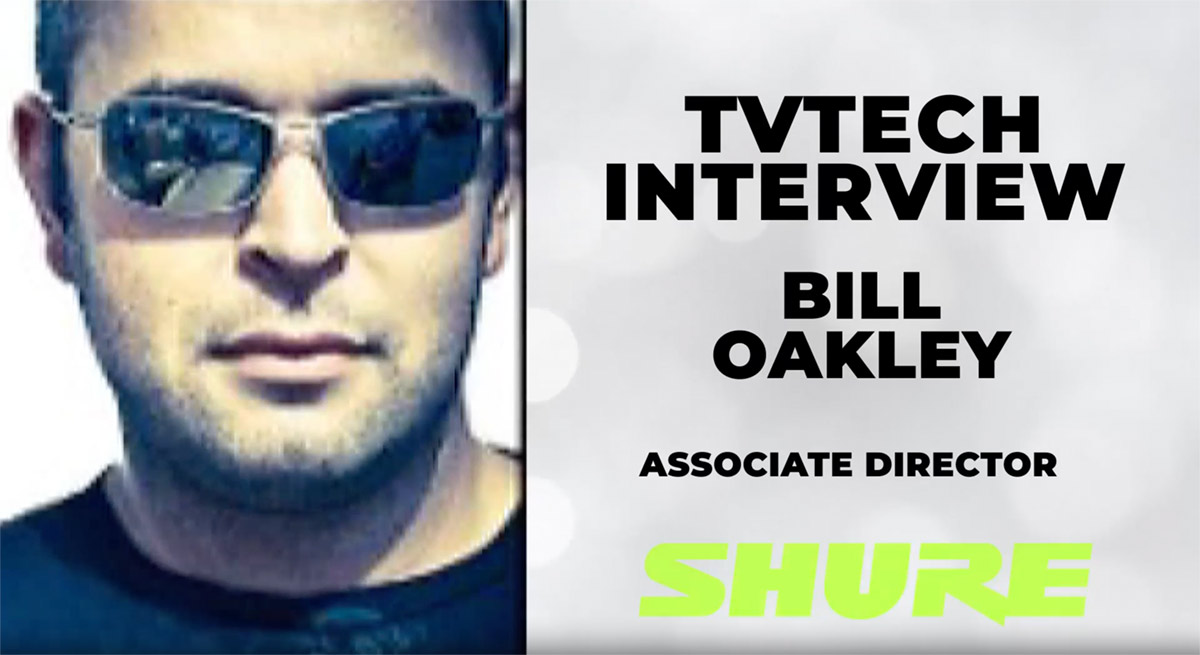
FCC Commissioner Michael Copps told a gathering of the Federal Communications Bar Association at its luncheon Feb. 15 in Washington, D.C., that the agency should can and should act now to promote diversity, localism and competition in media.
The comments echo a call Copps made in December 2010 at the Columbia University School of Journalism to put in place a “public value test” as part of the agency’s broadcast license renewal process.
Copps, who came under fire from media commentators after proposing the test last year, said his concerns are not related to “right-wing talk radio or left-wing cable TV hosts.” Rather, the issue is about ensuring media originates from and is about the local communities stations serve.
The American public is getting too much opinion and not enough fact-based news on TV, the FCC commissioner said.
“Many broadcasters are still working hard and doing their job — don’t get me wrong — but the frenzy of the marketplace and the lack of responsible public interest oversight has made life tougher for them and much less rich for consumers,” he said.
Despite the existence of a 500-channel universe and abundant online news, today’s media landscape makes it more difficult for the public to find real news and information, he said. According to the Copps, “news is suffering from a bad case of substance abuse” because there is less of it and it’s hard to find.
The diminishing amount of news stems from “less real journalism” being done in the United States, he said.
The professional video industry's #1 source for news, trends and product and tech information. Sign up below.
“When you lose a quarter or a third of your newsroom reporters, something’s got to give. Well, it gave,” Copps said.
The FCC commissioner cited statistics showing a reduction in ownership diversity, local content, independent production and competition since passage of the Telecommunications Act of 1996.
“We have witnessed a 39 percent drop in the number of owners of radio stations in the last 15 years. Similar consolidation shrunk television,” he said. Last year, the number of owners of commercial TV stations dropped by 150, a decrease of 33 percent, he said.
“And while 34 percent of the U.S. population consists of minorities, only about 3 percent of full-power commercial TV stations and 7.7 percent of radio stations are minority-owned. That’s bad for citizens, bad for the country and I believe it’s bad for broadcasting, too,” he added.
The FCC has authority to help restore diversity, localism and competition in the media landscape, he said.
“In those areas where we can’t, Congress may ultimately want to examine rules governing the structure of media ownership and perhaps other parts of our enabling statute,” Copps said.
During the luncheon speech, Copps also called for a “calm, serious and non-knee-jerk discussion” about increasing funding for public broadcasting.
“The sad reality is that, in this country, we spend, per capita, per annum, $1.35 supporting public media.” According to Copps, citizens in other democracies around the world “happily pay up to hundreds of dollars more than that.”
Phil Kurz is a contributing editor to TV Tech. He has written about TV and video technology for more than 30 years and served as editor of three leading industry magazines. He earned a Bachelor of Journalism and a Master’s Degree in Journalism from the University of Missouri-Columbia School of Journalism.

